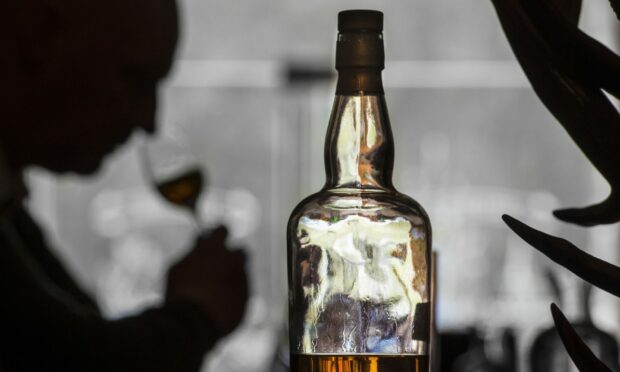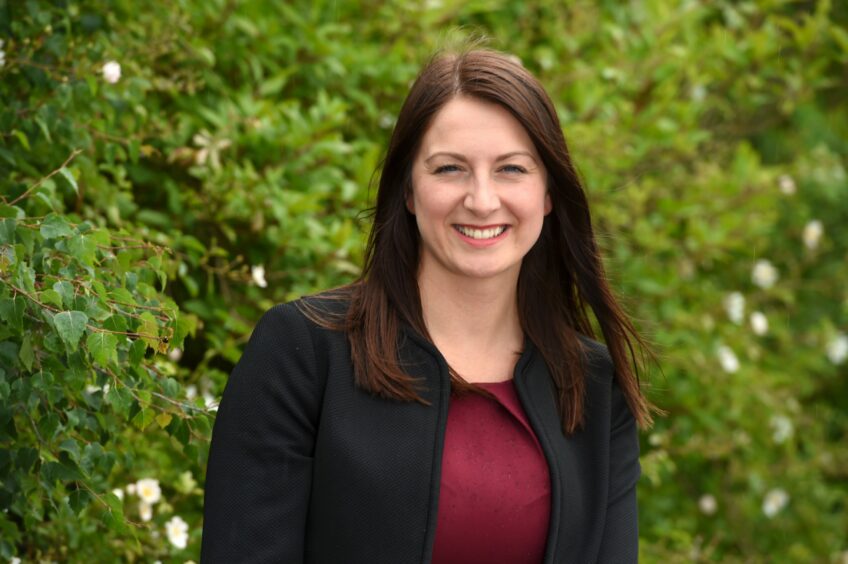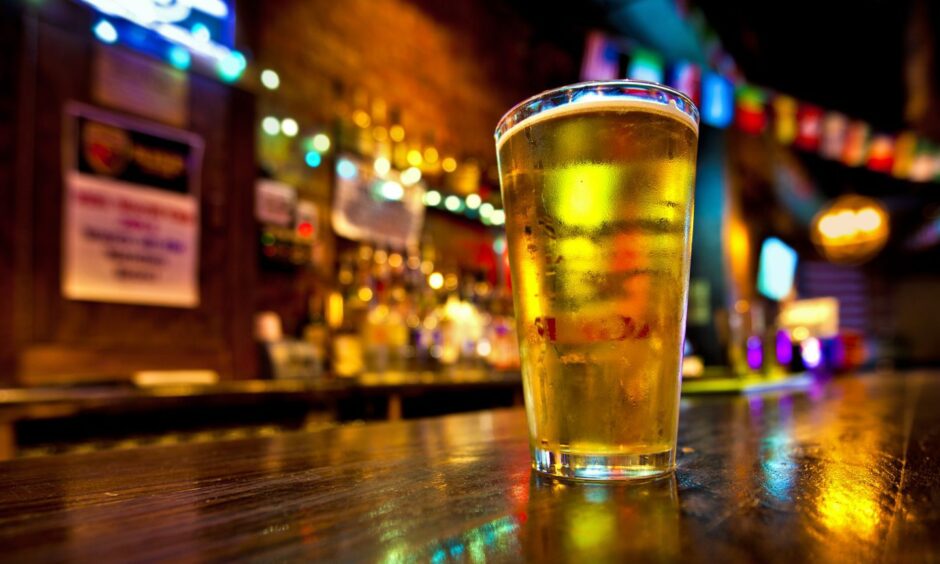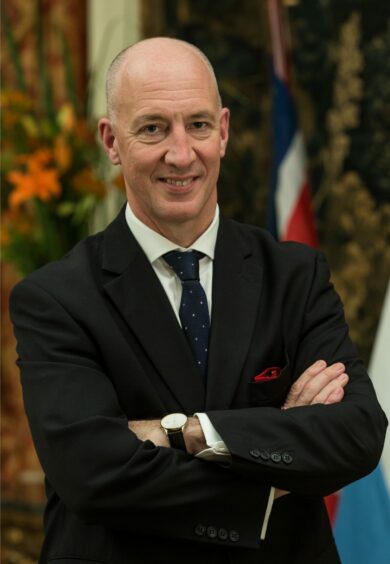Moray Chamber of Commerce says the planned increase in alcohol duty in line with inflation will cost the region £80 million per year as the hospitality industry grapples with a perfect storm of rising costs.
The UK is looking to plug an estimated £50 billion shortfall in its finances and alcohol duty is now firmly in its crosshairs after initial plans to freeze the increase were scrapped by the Treasury.
More than half of Scotland’s whisky distilleries are in Moray Speyside and any hike in duty will only add to a growing litany of challenges for hospitality including rising interest rates, food price increases and difficulty in recruiting staff.
Moray Chamber of Commerce chief executive Sarah Medcraf said: “The hospitality sector is already on its knees with venues up and down the country having to make the decision to close.
“With increased pressures across the business from staff, interest rates rising, food price hikes to name a few, businesses have already had to increase their prices to survive.
“This, linked with the lower consumer spending habits, make for impossible trading conditions. Adding the rise in duty on to this is squeezing an industry with nothing left to give.
“In Moray Speyside we are fortunate to have so many great distillers, but the proposed duty rise will cost our region £80m per year.
“This will impact their ability to invest and sustain both their infrastructure and green agenda and will cause a risk to jobs.”
Adults less likely to visit pubs if alcohol duty rises
The Scotch Whisky Association (SWA) has also thrown its hat into the anti-duty increase ring, urging Chancellor Jeremy Hunt to rule out any alcohol tax rise in his 17 November autumn statement, saying nearly half of adults would spend less in pubs and restaurants if prices rose.
The SWA commissioned a poll conducted by Survation which found a third of people (35%) would also be less likely to visit pubs, bars and restaurants if tax on alcohol increased, while two-thirds (68%) believe tax on alcohol should either be cut or remain at its current level.
Four in five (86%) believe government should be protecting businesses in the hospitality sector when making changes to taxation.
The SWA is calling on the Chancellor to freeze excise duty on all forms of alcohol on 17 November and to rule out any automatic increase by the rate of inflation.
The association has warned pubs, restaurants and distillers otherwise face a double-digit tax hike, the highest since excise duty was introduced in 1643, at a time of falling consumer confidence and reduced disposable income.
‘Pubs and restaurants already face closure’
It adds UK excise duty is currently the highest of any country in the G7 and an inflationary increase would mean nearly 80% of the cost of a bottle of Scotch would be claimed in tax. Scotch Whisky and other spirits generate more than a third of all alcohol sales in pubs and restaurants.
The Treasury has previously noted the importance of spirits to hospitality revenues when announcing a review of excise duty says the SWA.
SWA chief executive Mark Kent said: “Pubs, bars and restaurants have been devastated by two years of Covid and are facing huge pressures because of rising costs and the squeeze on household incomes. We’re urging the Chancellor to help these businesses by freezing alcohol excise duty and ruling out any automatic increase by inflation.
“Freezing duty has always proven beneficial for the Treasury. Businesses like Scotch whisky distillers have invested, innovated and generated more for the public finances than if the government increased what is already the highest rate in the G7 countries.
“Mr Hunt can generate more from a freeze and meet the public’s expectation that the government uses tax policy to help vulnerable businesses like pubs.”
Inflationary increase will also hurt distilleries”
UK Spirits Alliance
For its part, the UK Spirits Alliance added: “Pubs and restaurants are already warning they face closure because of rising costs. They can ill-afford an inflationary increase in duty, which will also hurt distilleries.
“The spirits industry has always responded to stability through investment that has generated more revenue that the Treasury would get from increasing what is already one of the highest excise levels in the world.”




Conversation